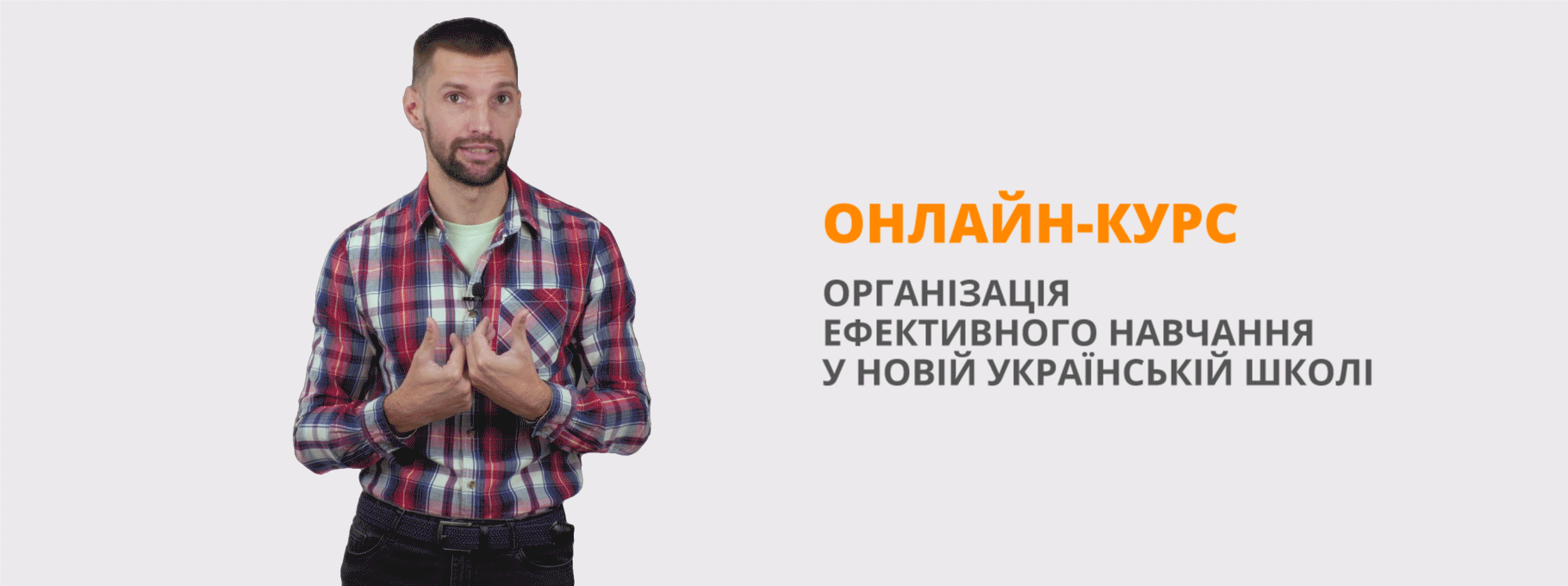8th Mixed tenses

I ... this book last week.
We ... our lunch yet.
It is still rainy outside. Rain hasn't stopped ...
Mrs. Smith ... school in 1998.
In this photo my brother ... a bike.
He ....... his friend for two years
What your brother ( to do ) now?
Look ! Jane ( to swim ) across the river.
You ever ( to visit ) the Pyramids?
I already ( to be ) to the library this week.
Last summer my parents and I were on our holidays at the seaside.
What are you doing under the table? - I_____ for my pen.
My friend James _____ in Manchester.
A: I'm moving a new house tomorrow.
B: I _______ and help you.
I wanted to visit you yesterday, but you...not at home.
His sister ______ (study) English every day.
Children ____ their parents to the next party
... your parents go to work by bus?
This tense is used to describe habits, unchanging situations, general truths, and fixed arrangements. For example: "He goes to school every morning".
This tense refers to an unfinished action or event that will be in progress at a time later than now. For example: "I will arrive at five o'clock".
This is the tense that can be used to describe when an action happened, or may happen. You can use it to describe both events that are happening in the present – right now, while you are talking about something, or in the future – something that may or will happen later on. For example: "He is reading various kinds of books".
This is an action that was completed in the very recent past, expressed by 'just'. For example: "He has finished his homework".
This tense is used to talk about a completed action in a time before now.
This tense is used to describe actions that began in the past and often continued for a short period of time after the action started. This tense describes actions or events that happened at a specific time in the past.

Створюйте онлайн-тести
для контролю знань і залучення учнів
до активної роботи у класі та вдома


















